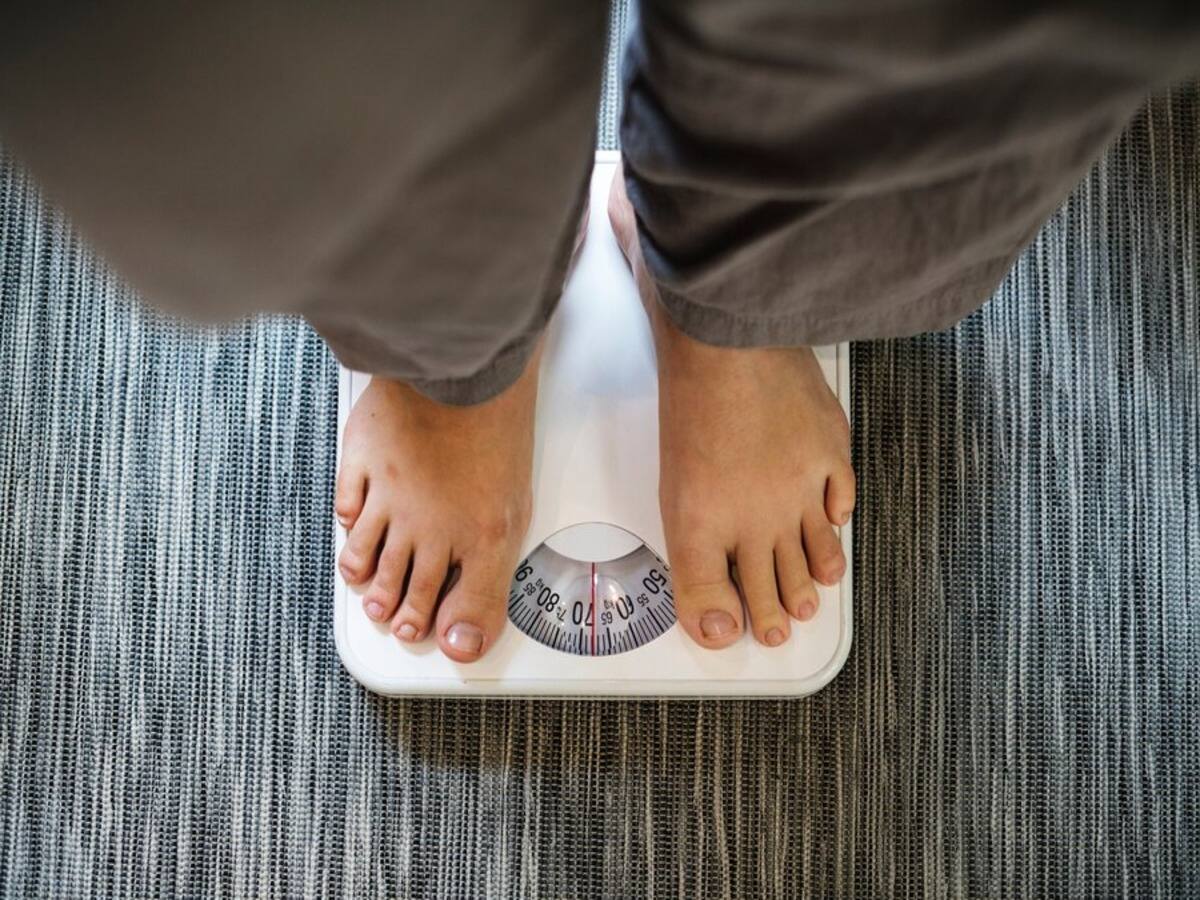Share this @internewscast.com

Weight gain is not just an issue associated with the food you eat or how much you exercise. “It can also be affected by stress, sleep, gut health, genes, exposure to environmental toxins,” said a nutritionist.
In a previous story, we had discussed that many people tend to believe weight gain and obesity are all about wrong food choices that include overeating. “The misconceptions surrounding weight and its management perpetuate the idea that an individual’s struggles are solely their fault. This stigma not only overlooks the multifaceted nature of obesity, but also dismisses the mental anguish experienced by [people], who grapple with their weight every single day,” Dr Aparna Govil Bhasker, consultant bariatric and laparoscopic surgeon, MetaHeal-Laparoscopy and Bariatric Surgery Center, Mumbai said.
Echoing this thought, nutritionist Marina Wright explained in an Instagram post that weight gain or the inability to lose weight is not just an issue associated with the food you eat or how much you exercise. “It can also be affected by stress, sleep, gut health, genes, exposure to environmental toxins, the mind-body connection, and hormones,” she said.
According to Wright, there are some hormones that can influence your appetite, cravings, body weight, and fat storage. She listed them and what they do in the body, along with tips for keeping them at healthy levels; take a look.
Cortisol
The expert said high cortisol levels in the body can cause fat to get deposited in the abdominal area (belly fat). It can increase your appetite, make you crave sugary foods and decrease your metabolism. “Avoid blood sugar spikes by eating a nutrient-dense diet. Avoid inflammatory foods and limit environmental toxins. Heal your gut, practise nervous system regulation techniques and prioritise sleep,” Wright advised.
Insulin
Excess insulin can cause weight gain, inflammation and chronic disease, said the nutritionist. “By regulating insulin, you can help your body shift from fat-storage mode to fat-burning mode.” She suggested consuming protein, fibre-rich carbs and fat at every meal, along with strength training, walking and getting enough sleep.
Thyroid hormones
This hormone, said Wright, can help your body burn fat. Its function can be disrupted when there is low production of thyroid hormone (hypothyroidism). She suggested consuming a nutrient-dense diet, supporting liver and gut health, decreasing exposure to environmental toxins, working on decreasing stress and getting good sleep.
Estrogen
When the estrogen level is too high or too low, it can cause weight gain, said the nutritionist. “This is because estrogen plays a role in glucose metabolism, insulin sensitivity, and the way the body stores fat. Prioritise gut health since it produces numerous metabolites that can affect estrogen balance,” she said.
Leptin
Leptin is what makes you feel satiated since it is “made within your fat cells”. “If you have leptin resistance, your brain does not respond as it normally would to leptin, and you do not get the sensation of feeling full,” said Wright. The solution is to eat enough protein to increase sensitivity to leptin. She added that it is important to get good quality sleep and consider weight training.
Ghrelin
It is a hormone produced by your stomach. “It is essentially the opposite of leptin. It is the hunger hormone and its main function is to increase appetite. Restricting calories often leads to increased ghrelin levels.” The expert said that in order to lower ghrelin levels, ensure you get enough sleep, eat regular meals and include protein and healthy fat in your diet. “Manage stress and move your body every day.”










